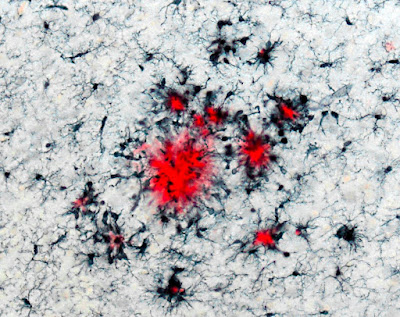Immune memory
Very early in the pandemic, numerous scientists was afraid individuals that contracted COVID might be reinfected really rapidly. This was since a number of very early research researches revealed antibodies appeared to wane after the initially couple of months post-infection.
It was likewise partially since typical human coronaviruses, which are one reason for colds and are relatives of SARS-CoV-2, don't produce lasting resistance, so we could obtain reinfected with them after year.
However brand-new initial research study recommends essential components of the body immune system could keep in mind SARS-CoV-2 for at the very least 8 or 9 months, and potentially for many years.
When a nation is gotten into by an opponent, it rallies its requires, combats the battle and ideally repels the invaders. While the opponent has disappeared back to their very own area, a wise nation collections up spectators to appearance for any type of indications of a brand-new intrusion. These lookouts understand what the opponent appearances such as and recognize with their consistent and exactly just how they take a trip.
Our body immune system is precisely the exact very same. Whenever we combat a microbial or viral infection we leave behind specific cells that keep in mind precisely what this intruder appearances such as. These are called memory cells and their task, in case of one more "intrusion", is to caution our body immune system very early and guarantee the best kind of reaction is installed. It implies we do not need to begin around once once more to earn a brand-new reaction, therefore reinfection is either gotten rid of or the moment to healing is a lot decreased.
This long-lived memory reaction could last a life time for some infections such as measles.
We have 2 almosts all of our flexible immune reaction: B cells and T cells. Both of these cells could produce "memory". Kesalahan Harus Kalian Perhatikan Bermain Judi Togel Online
We will discuss B cells initially. They make antibodies, which acquire and ruin disease-causing representatives such as infections and germs.
A group of scientists from Australia, led by Menno van Zelm at Monash College, released a initial examine recently revealing the body could produce memory B cells particular to SARS-CoV-2. The research study revealed these cells last at the very least 8 months, and most likely also much longer. This implies these memory B cells might still quickly create antibodies versus SARS-CoV-2 8 months post-infection, if the individual were to be subjected to the infection once once more (although this function has not yet been peer-reviewed so ought to be dealt with with care).
Various other scientists from the Unified Specifies revealed memory B cells lasted at the very least 6 months, in a initial examine likewise launched recently.



